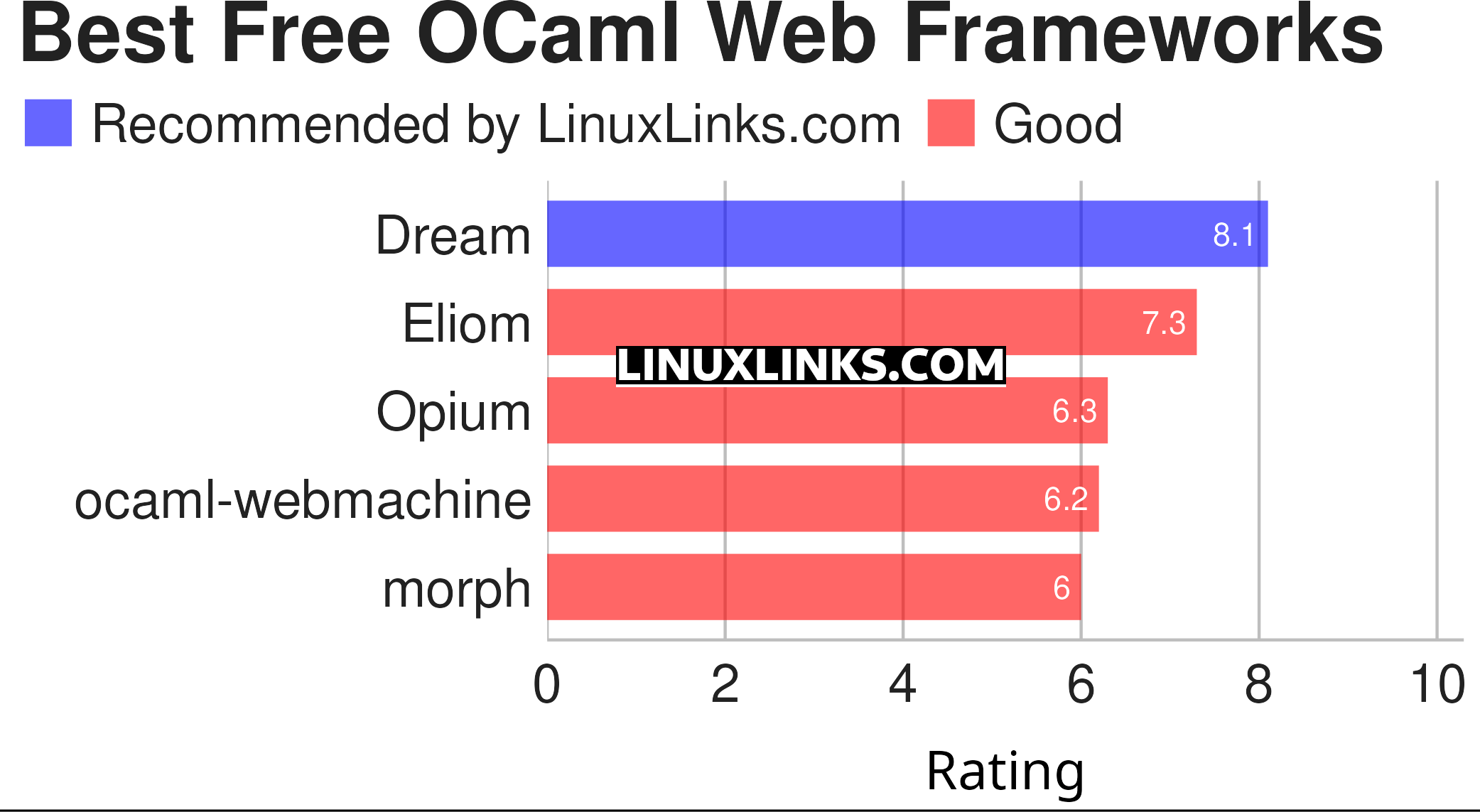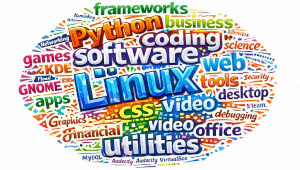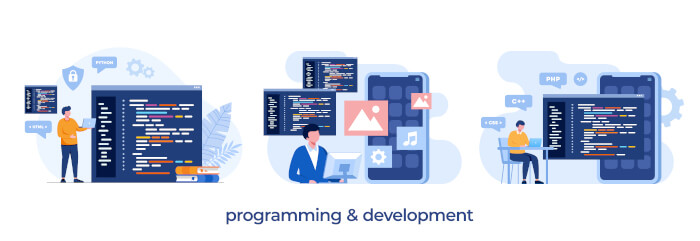One of the types of software that’s important for a web developer is the web framework. A framework “is a code library that makes a developer’s life easier when building reliable, scalable, and maintainable web applications” by providing reusable code or extensions for common operations. By saving development time, developers can concentrate on application logic rather than mundane elements.
A web framework offers the developer a choice about how to solve a specific problem. By using a framework, a developer lets the framework control portions of their application. While it’s perfectly possible to code a web application without using a framework, it’s more practical to use one.
Caml is a general-purpose, powerful, high-level programming language with a large emphasis on speed and efficiency. A dialect of the ML programming language, it supports functional, imperative, and object-oriented programming styles. The OCaml system is the main implementation of the Caml language. It has a very strong type-checking system, offers a powerful module system, automatic memory management, first-class functions, and adds a full-fledged object-oriented layer.
Here’s our verdict on the best OCaml web frameworks. We only recommend free and open source software here.

Let’s explore the 5 OCaml web frameworks. For each program we have compiled its own portal page, a full description with an in-depth analysis of its features, together with links to relevant resources.
| OCaml Web Frameworks | |
|---|---|
| Dream | Easy-to-use, feature-laden, low-level boilerplate-free web framework |
| Eliom | Framework for building client/server web and mobile applications |
| Opium | Sinatra like web toolkit based on http/af and lwt |
| ocaml-webmachine | REST toolkit for OCaml |
| morph | Tiny web framework for Reason and OCaml |
This article has been revamped in line with our recent announcement.
 Read our complete collection of recommended free and open source software. Our curated compilation covers all categories of software. Read our complete collection of recommended free and open source software. Our curated compilation covers all categories of software. Spotted a useful open source Linux program not covered on our site? Please let us know by completing this form. The software collection forms part of our series of informative articles for Linux enthusiasts. There are hundreds of in-depth reviews, open source alternatives to proprietary software from large corporations like Google, Microsoft, Apple, Adobe, IBM, Cisco, Oracle, and Autodesk. There are also fun things to try, hardware, free programming books and tutorials, and much more. |

